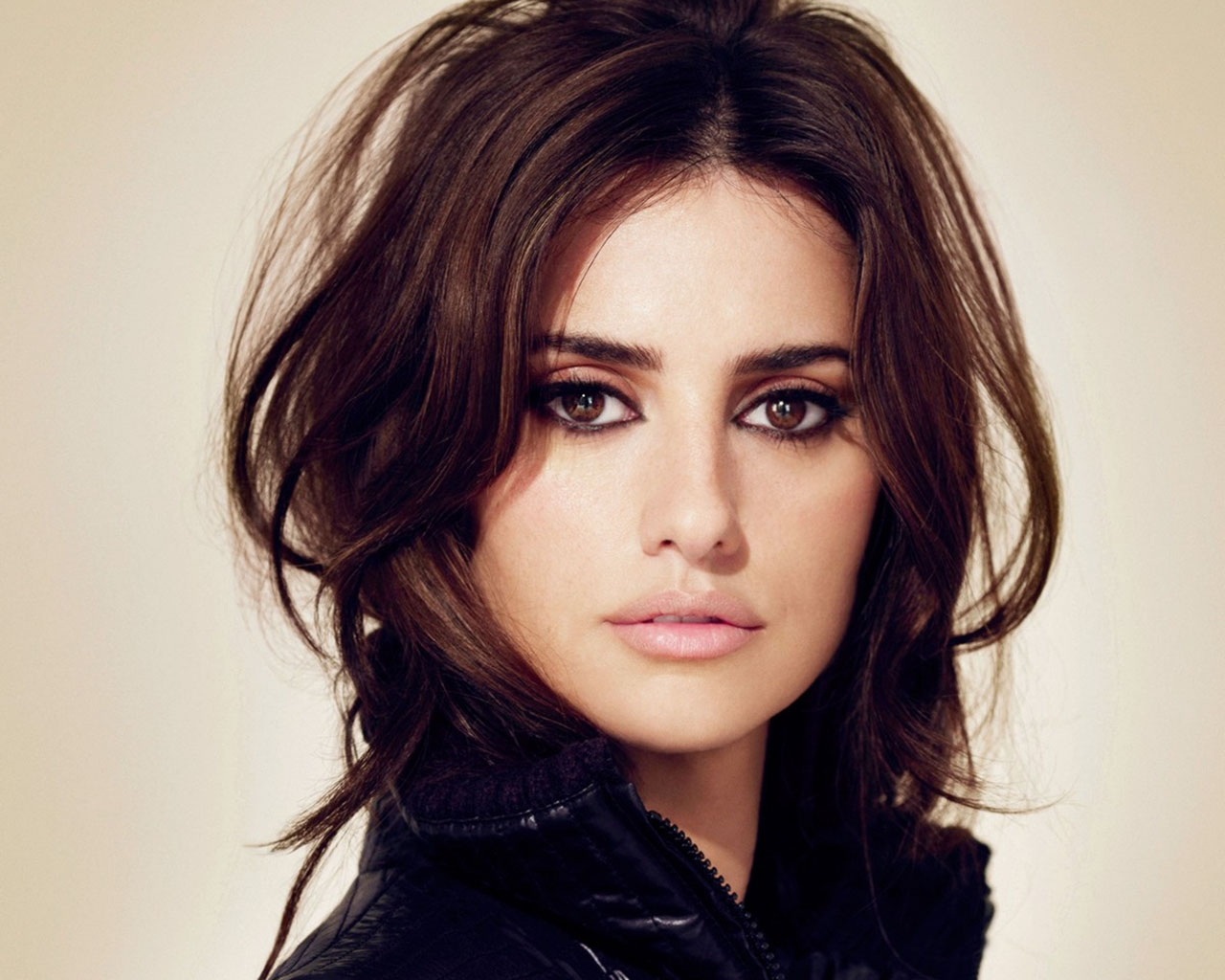Understanding Penelope Scott's Pronouns: A Guide For Fans And Beyond
When we talk about artists we admire, it's pretty important, actually, to know how they prefer to be addressed. For fans of the incredibly talented musician Penelope Scott, a common question that pops up, you know, is about her pronouns. This interest isn't just about curiosity; it's really about respect and showing that we care about how people want to be seen and heard.
It's interesting how a name like "Penelope" can bring to mind different stories and figures for different people. For some, it might conjure images of ancient tales, like the loyal queen from Greek mythology, known for her cleverness and patience while waiting for her hero to return. That Penelope, the wife of Odysseus, was certainly a figure of enduring strength, more or less, in a very different kind of narrative.
However, today, we're focusing on a modern artistic voice, Penelope Scott, whose music, you know, often explores complex feelings and societal observations. Knowing her preferred pronouns helps us connect with her art and her as a person in a way that truly honors her identity. It's a small but significant gesture that helps build a more inclusive space for everyone.
Table of Contents
- Who is Penelope Scott?
- Penelope Scott: Personal Details and Bio Data
- The Importance of Pronouns in Today's World
- Penelope Scott's Preferred Pronouns
- How to Respectfully Use Penelope Scott's Pronouns
- Why Artists Share Their Pronouns
- Fostering an Inclusive Fan Community
- Frequently Asked Questions About Penelope Scott and Pronouns
- Moving Forward with Respect
Who is Penelope Scott?
Penelope Scott is, you know, a contemporary musician and songwriter who has gained a lot of attention for her unique sound and incredibly honest lyrics. Her songs often blend various genres, creating something that feels both fresh and deeply relatable. She's known for tackling subjects like internet culture, mental health, and social commentary with a really sharp wit and a distinctive vocal style.
Her rise to prominence, in a way, has been quite organic, largely fueled by her music resonating with listeners online. Tracks like "Rät" and "American Boy" have become, like, anthems for many, showing her ability to capture complex feelings in a very direct manner. She's definitely an artist who encourages listeners to think, and that's something pretty special, I mean.
She's often seen as a voice for a particular generation, expressing anxieties and hopes that many can connect with. Her creative approach, which often includes self-production, just shows her independence as an artist. It's clear that she has a very specific vision for her work, and that's part of what makes her so compelling to so many people.
Penelope Scott: Personal Details and Bio Data
Here's a quick look at some general details about Penelope Scott, as a matter of fact, for those interested in her background:
| Detail | Information |
|---|---|
| Full Name | Penelope Scott |
| Occupation | Musician, Songwriter |
| Genre(s) | Anti-folk, Indie Pop, Indie Rock |
| Active Years | 2019–Present |
| Known For | Distinctive lyrical style, internet-fueled rise to fame, songs like "Rät" and "American Boy" |
| Pronouns | She/Her |
The Importance of Pronouns in Today's World
Talking about pronouns, like, has become a very important part of how we show respect and understanding to each other. A person's pronouns are the words we use to refer to them when not using their name, for example, "he," "she," or "they." Using someone's correct pronouns is a basic way to acknowledge their identity and show that you value them as a person.
When someone's pronouns are ignored or misused, it can actually cause a lot of distress and discomfort. It's a signal, in a way, that their identity isn't being recognized, which can be pretty hurtful. This isn't just about being polite; it's about creating spaces where everyone feels safe and respected, which is something we should all strive for, you know.
For public figures, especially, knowing and using their correct pronouns helps set a standard for respectful communication across the board. It educates a wider audience, so, and helps normalize the idea that everyone has the right to define their own identity. It's a pretty straightforward way to be a good ally and to support people just being themselves.
Penelope Scott's Preferred Pronouns
For Penelope Scott, it's actually quite clear: she uses **she/her** pronouns. This information is readily available through her public profiles, interviews, and how she's referred to by her team and in reputable media outlets. It's a simple fact that helps fans and media alike communicate about her accurately and respectfully.
Knowing this, you know, takes away any guesswork and allows everyone to refer to her correctly. It's a piece of information that, while seemingly small, is very important for how we engage with her as an artist and as a person. So, when you're talking about her music or sharing her work, using "she" and "her" is the way to go, obviously.
This isn't really a new development; it's just her established preference. It's always good practice, though, to check for any updates on an artist's preferred pronouns, as these things can sometimes change over time. But for Penelope Scott, as of now, it's definitely she/her, and that's what we should all use.
How to Respectfully Use Penelope Scott's Pronouns
Using Penelope Scott's pronouns correctly is, like, pretty simple once you know them. When you're writing about her, talking about her with friends, or discussing her music online, just consistently use "she" and "her." For example, you might say, "Penelope Scott released her new single today," or "She's an incredible songwriter."
If you accidentally use the wrong pronoun, which can happen to anyone, the best thing to do is just correct yourself quickly and move on. You could say, "Oh, I meant she, not he," and then continue your sentence. Making a big deal out of it, you know, can sometimes make the situation more awkward than necessary, apparently.
It's also helpful to gently correct others if you hear them using the wrong pronouns for her, especially in fan spaces. You could say something like, "Just a friendly reminder, Penelope uses she/her pronouns." This helps educate people and creates a more welcoming environment for everyone who enjoys her work, which is very important.
Why Artists Share Their Pronouns
Many artists, including Penelope Scott, choose to share their pronouns publicly for a variety of reasons, actually. One major reason is to foster a more inclusive and welcoming community around their art. When an artist states their pronouns, it signals to their audience that they value identity and respect, which is a powerful message, arguably.
It also helps to normalize the practice of sharing and respecting pronouns in general society. When public figures do it, it makes it less of a niche concept and more of a common courtesy. This can really help, you know, people who might be struggling with their own identity feel more seen and accepted, which is a huge deal.
Furthermore, for artists whose work often touches on personal themes or social issues, sharing pronouns can be an extension of their authenticity. It's about being genuine and open with their audience, allowing for a deeper connection based on mutual respect. It's a way of saying, "This is who I am, and I'd like you to know," and that's pretty cool, I mean.
Fostering an Inclusive Fan Community
For fans of Penelope Scott, knowing and using her correct pronouns is a key part of building an inclusive and supportive community. When everyone makes an effort to use the right language, it helps ensure that all fans feel comfortable and respected, regardless of their own identity. It's about creating a space where everyone belongs, basically.
This commitment to respect can extend beyond just pronouns, too it's almost. It means being mindful of the language we use, avoiding assumptions about others, and being open to learning. A truly inclusive fan base is one where people feel safe to express themselves and share their passion for the artist's work without fear of judgment or misrepresentation.
By actively using Penelope Scott's she/her pronouns, fans contribute to a culture of care and thoughtfulness. This kind of environment, you know, not only benefits individual fans but also strengthens the overall community around the artist. It shows that the values of respect and acceptance are alive and well within the fan base, which is something to be proud of, really.
You can learn more about respecting personal identity on our site, and also find resources on how to be a better ally by visiting this page Understanding Pronouns and Identity.
Frequently Asked Questions About Penelope Scott and Pronouns
People often have questions about artists and their identities. Here are some common ones related to Penelope Scott and pronouns:
What are Penelope Scott's pronouns?
Penelope Scott uses she/her pronouns. This is her publicly stated preference, and it's important to use these pronouns when referring to her, obviously, to show respect.
Why is it important to know an artist's pronouns?
Knowing an artist's pronouns is very important because it shows respect for their identity. Using correct pronouns helps create a welcoming and inclusive environment for the artist and their fans. It's a basic courtesy, really, that acknowledges who they are.
Does Penelope Scott talk about gender identity in her music?
While Penelope Scott's music often explores themes of identity, societal norms, and personal experiences, she doesn't typically focus explicitly on gender identity in the same way some other artists might. Her lyrics tend to cover a broader range of social commentary and personal introspection, which is pretty interesting, you know.
Moving Forward with Respect
Understanding and using Penelope Scott's pronouns correctly, which are she/her, is a straightforward yet meaningful way to show support for her as an artist and as a person. It's a small but significant act that contributes to a larger culture of respect and inclusivity within the music community and beyond. By simply acknowledging her preferred pronouns, you're helping to create a more welcoming space for everyone, and that's a truly good thing, apparently. Remember that being mindful of how we refer to others, especially public figures, just sets a positive example for how we interact in the world every day. It's about being thoughtful and considerate, and that's something we can all do, I mean, for everyone we encounter. For more general information on the importance of respecting personal pronouns, you might find resources from organizations like GLAAD very helpful.

Penelope

Penélope Cruzová – Wikipedie

Penelope Cruz wallpaper | 1280x1024 | #50463